Reflections of a Montegut Scholar: Insights from the WONCA APR Conference
Reflections from the WONCA Asia Pacific Regional Conference
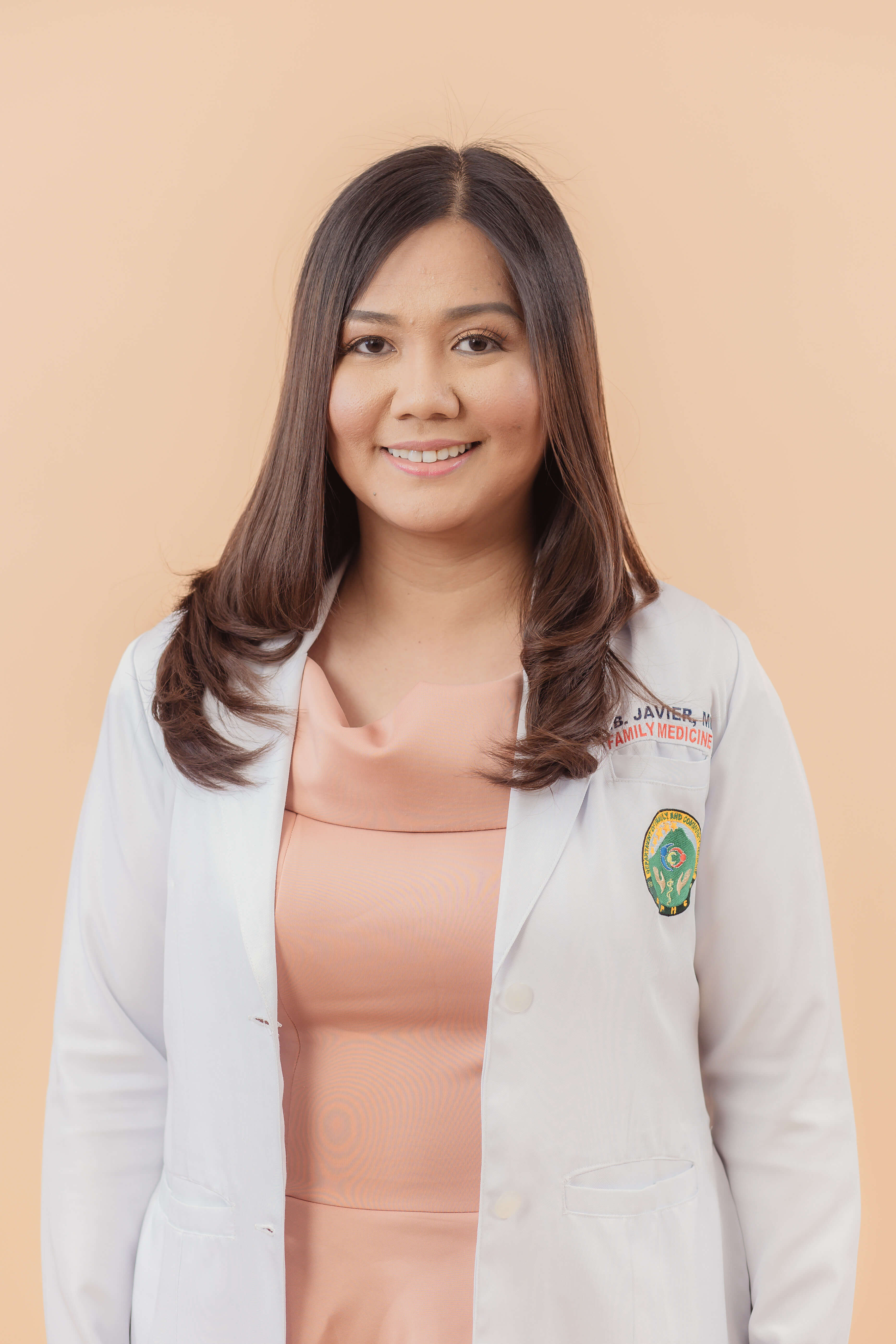
By Dr Jacqueline B. Javier-Catubig (The Philippines)
Montegut Scholar 2024
I am very fortunate to be chosen as one of the recipients of this year’s Montegut Global Scholarship Fund awarded by the American Board of Family Medicine Foundation. With this grant, I was able to attend the WONCA Asia Pacific Region (APR) Conference, which provided an avenue for me to gain valuable insights and connect with the international healthcare community.
Pre-Conference Experience
One of my main motivators in attending this conference was to expand my perspective and gain knowledge from seasoned and expert physicians from all over the world. First on the list, I joined a pre-conference activity which was a learning visit to a Family Medicine practice site. The learning visit had a limited number of participants, and I was very happy to secure a spot. Our venue was the National University Polyclinics (NUP) in Bukit Panjang in the Western Region of Singapore.
Before our clinic tour, a short introduction about NUP was given. The NUP is the primary care arm of Singapore’s foremost academic health system, the National University Health System (NUHS). The NUHS is one of three public healthcare clusters in Singapore. I learned that almost 80% of Singapore’s healthcare is subsidized by the government, regardless of income and/or tax bracket, and that medicines are subsidized by Medisave, thus essentially bringing the cost to a minimum or nil. Singapore is also working to integrate all healthcare clusters into a unified health system under the One Healthier Singapore initiative. I was amazed at how fast they established the polyclinics—they did it in just under two years. As of this writing, the Western Region has 7 active polyclinics, with 3 upcoming clinics still being completed.
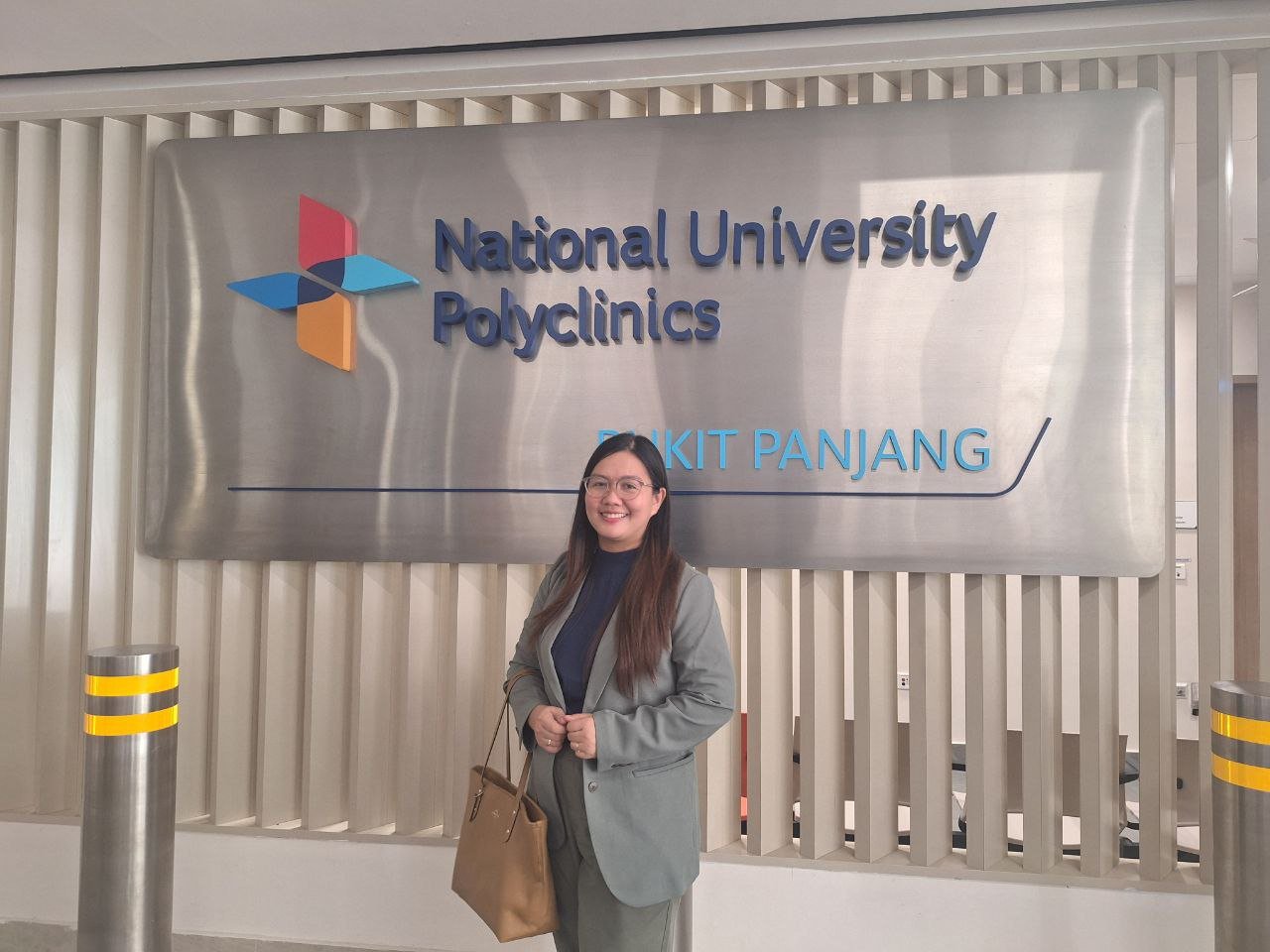
Pre-conference learning visit
Key Takeaways from the Conference
On the first day of the conference, Mr. Ong Ye Kung, the Minister for Health of Singapore, was our guest speaker. I was taken aback when he mentioned that he recently visited the Philippines and learned that my country’s Department of Health launched BUCAS (Bagong Urgent Care and Ambulatory Services) Center. “A BUCAS Center is an intermediate health facility that aims to bridge the gap between primary care facilities (rural or city health centers) and higher-level health institutions (tertiary hospitals) by providing urgent health care services (minor surgeries and other ancillary services).” So BUCAS is basically like a “supercenter,” the equivalent of polyclinics in Singapore or what it aims to be.
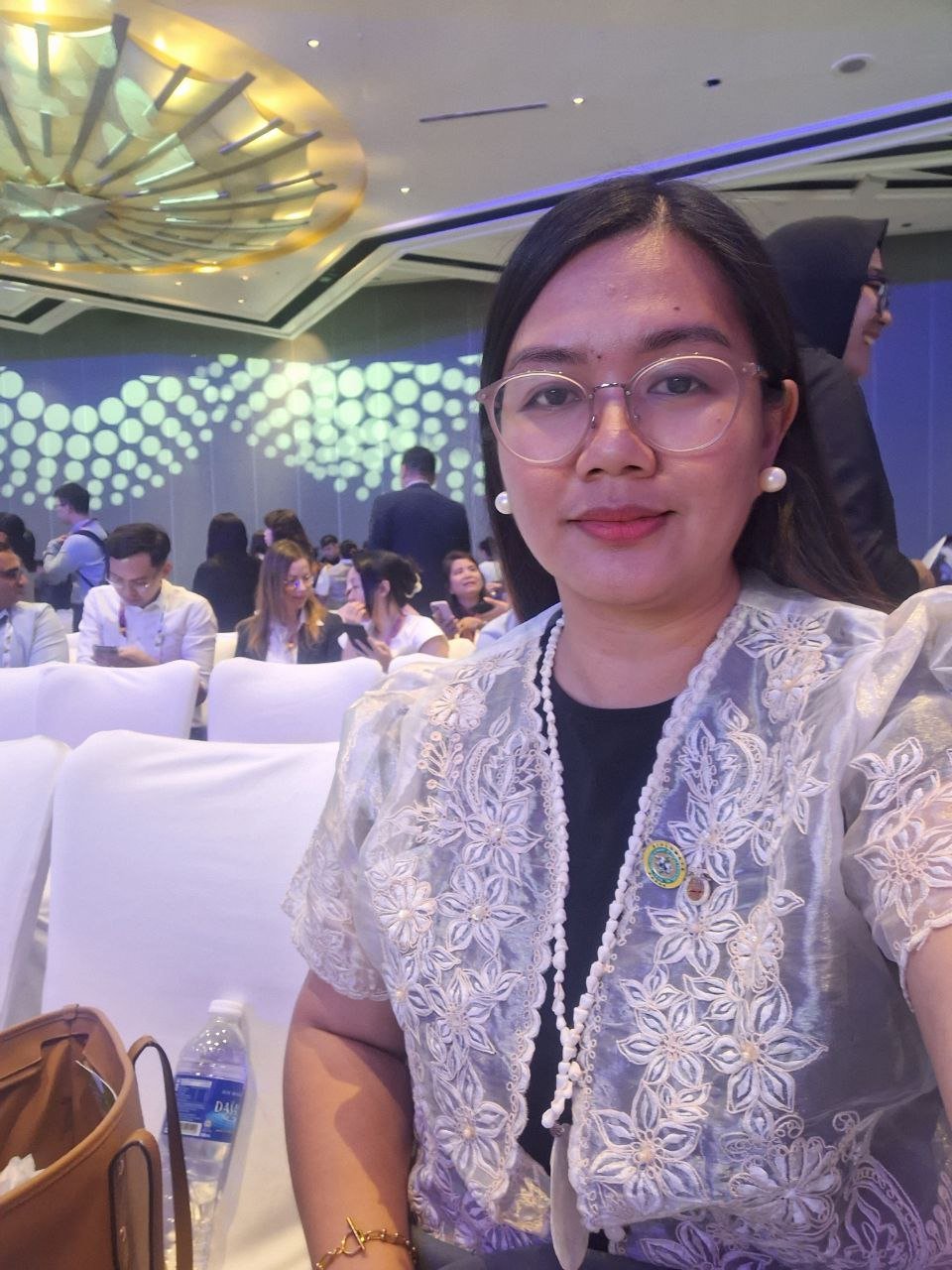
National attire of Phillipines
I am currently working as a Medical Officer in Southern Philippines Medical Center (SPMC), a tertiary public hospital in Davao City, Mindanao, which serves the poorest of the poor in the southern region of the Philippines. Under SPMC, I am deployed as a family physician to Marilog District Hospital, a BUCAS Center located 2 hours away from the city proper. In the past two months of working there, I believe that we were able to meet our goal of decongesting our tertiary hospitals by providing healthcare services directly in the community. By doing so, we cut back on costs and manage resources effectively. The waiting time of patients had also been reportedly reduced, which translated to better health outcomes.
Impact on My Work
The theme for this year’s conference is Art and Science of Family Medicine. One of the more controversial topics discussed was the use of Artificial Intelligence (AI) in healthcare. Prof. Enrico Coiera from Macquarie University presented scenarios wherein AI has caused patient safety issues, such as “hallucinating” or introducing confabulated information. However, he proposed that AI-augmented clinical decision-making is better than that of the same person unassisted by AI. “If we are not accelerating our thinking and response to this tsunami of change, we are falling behind.” He then discussed the National Policy Roadmap, including recommendations that focused on safety, quality, ethics, and security of using artificial intelligence.
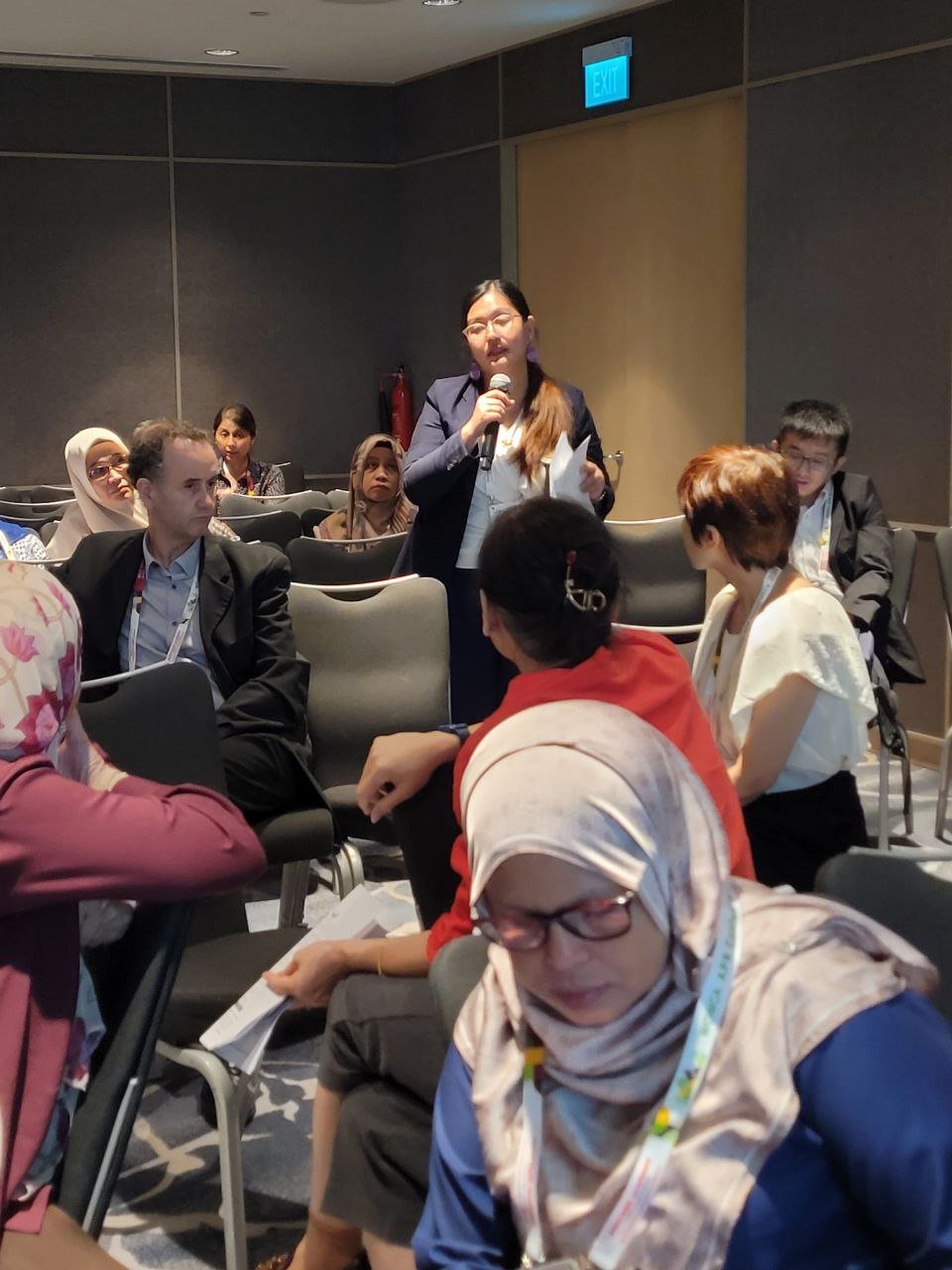
Another plenary discussion was given by Dr. Danielle Martin of the University of Toronto, wherein she presented the Primary Care paradox: “efforts to improve the parts may not necessarily improve the whole,” referring to her experience and learning from cancer care in Ontario, with patients ending up frustrated and helpless because of too much specialization and the lack of coordination of care. She emphasized that relationships can be used as tools for change in primary healthcare.
The workshops on research were of particular interest to me. I attended the first workshop on Designing Research For Busy Primary Care Practices. This provided tips for researchers and clinicians alike. One of the best practices that was shared, showed how we can maximize the data at our fingertips by using the very data we generate from electronic health records. This is helpful especially to our resident doctors who are looking for research topics.
Photo: Sharing reflections during the research workshop
The other research workshop I attended the next day was on Primary Care Innovations and Research. There was a short introduction but I appreciated the workshops more as we got more time to listen to everyone’s answer. I was glad to see familiar faces from my first international conference last year. So honored and humbled to be sitting and standing with some of the giants of primary care in Asia Pacific and to be learning from their experience and perspective. An added bonus was witnessing our very own Dr. Karin Estepa-Garcia, immediate past president of the Philippine Academy of Family Physicians, conferred as the Five Star Family Doctor Awardee for 2024.
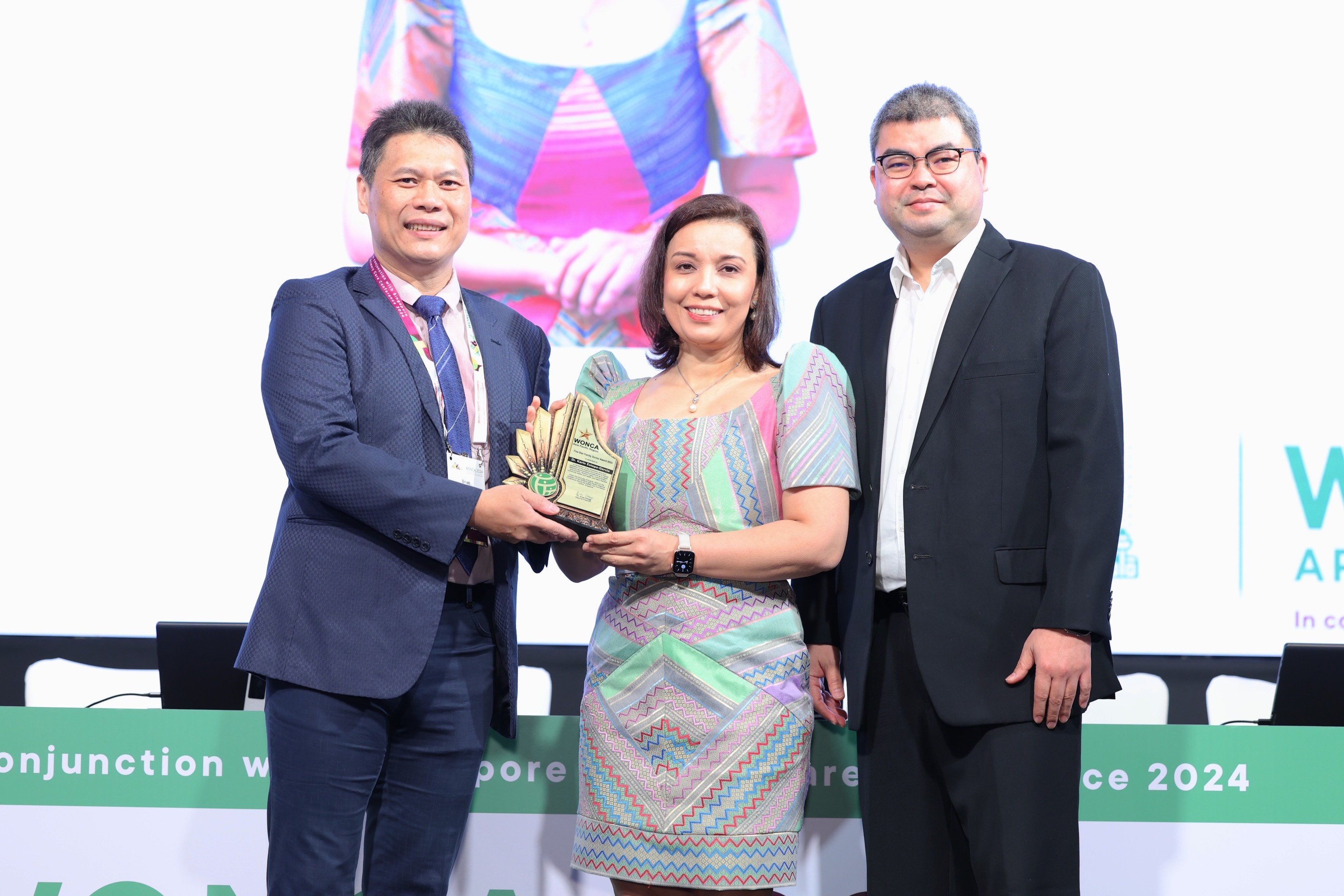
Dr. Karin Estepa-Garcia (The Philippines), Asia Pacific Region Five Star Doctor 2024
Personal Reflections
Seeing the best of what Singapore has to offer has been an exhilarating experience for me. Singapore is indeed an eye candy. It has rekindled my passion for the arts and architecture. From its superb transportation system, enormous green spaces, bustling sights and sounds, multicultural society surrounded by great food — it was just sensory overload.
I hope that my attendance at WONCA. APR inspires our junior doctors to realize that it is possible to enjoy and explore research and academe beyond the conventional pathways of clinics and hospitals. We have so much untapped research potential in the Philippines, and I hope this small win of getting a grant motivates our young researchers to pursue their studies for the betterment of the Filipino family. Plus, one gets to travel for free!
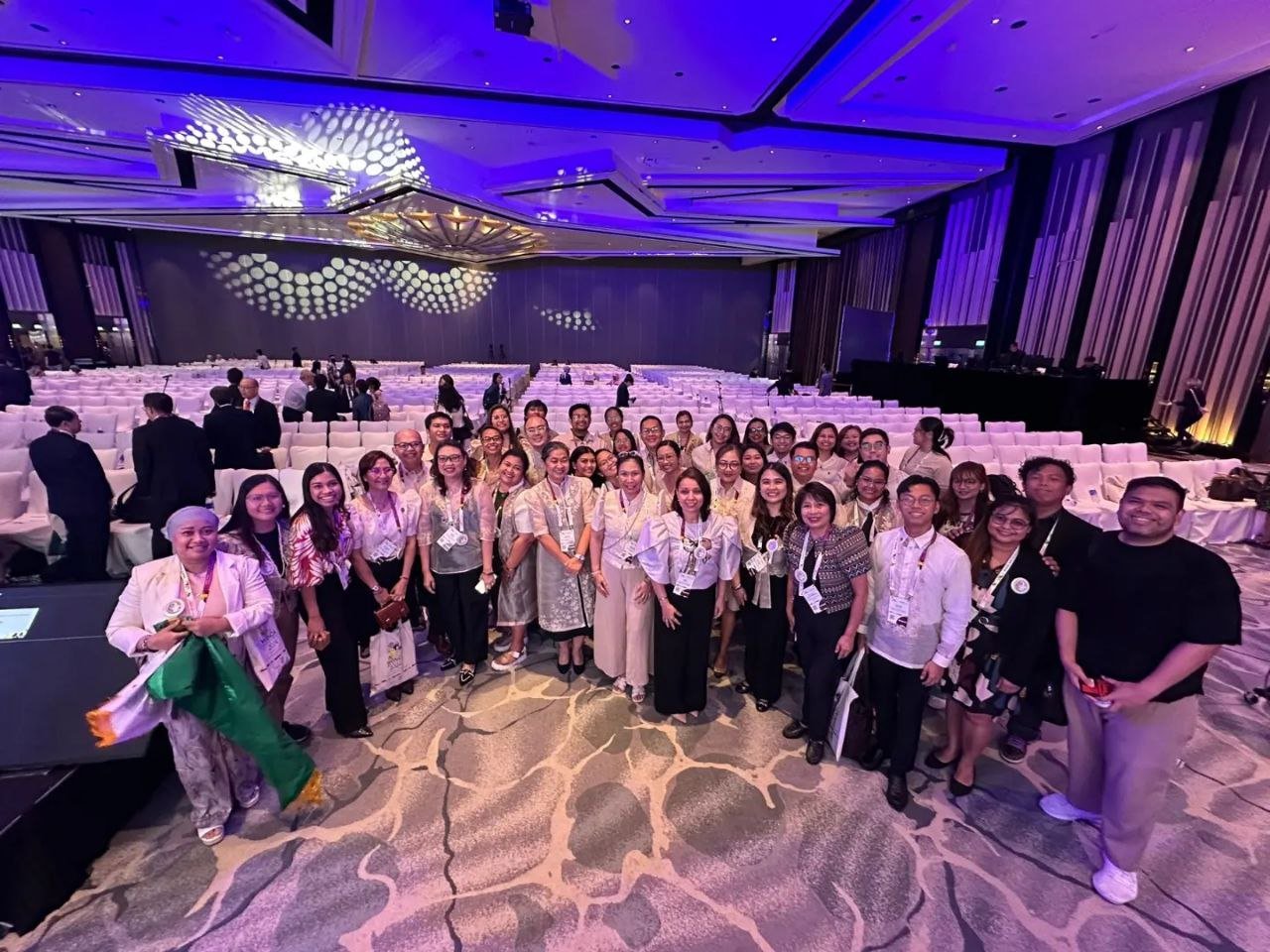
The Philippines delegation